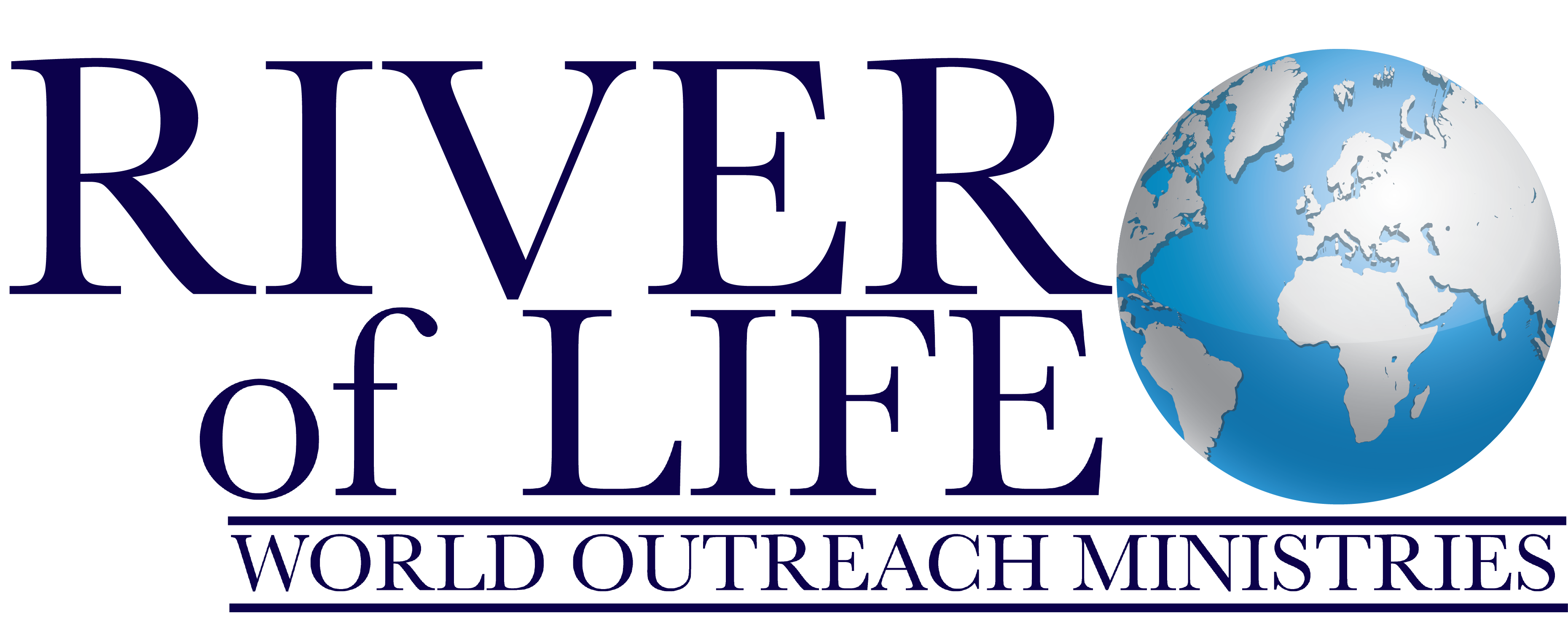Theological education is a critical aspect of training for anyone who seeks to understand and serve God’s people. It is not enough to have a desire to help others without a proper foundation in the study of scripture, theology, and church history. As Robert Connatser, a leading voice in theological education, would say, “Theology is not an option; it is a necessity.”
Theological education should be more than just acquiring head knowledge; it should also involve heart transformation. Students should be challenged to integrate their theological studies with their personal faith and life experiences. The goal is not to become a mere academic expert in theology but to become a faithful servant of Christ.
One of the key aspects of theological education is the study of scripture. The Bible is the foundation of Christian faith and is essential to understanding the character of God, the nature of humanity, and the story of salvation. Students must learn to interpret the Bible accurately, taking into account its historical, cultural, and literary contexts. Theology is not just an intellectual exercise but a spiritual discipline that should lead to a deeper relationship with God.
Another important aspect of theological education is the study of church history. By learning about the development of Christian doctrine and the history of the church, students can gain insight into the challenges faced by previous generations and how they addressed them. This knowledge can help them navigate the issues facing the church today.
Theological education should also equip students to engage with contemporary issues facing the church and society. They should learn to think critically about issues such as social justice, poverty, racism, and environmental concerns from a biblical perspective. Theology is not just about the past, but also about the present and future.
Robert Connatser believed that theological education should not be limited to seminaries or Bible colleges. He believed that churches should be involved in theological education, and that pastors should be trained in theology. Theology should not be restricted to an elite few, but should be accessible to all who desire to learn.
In conclusion, theological education is a vital aspect of Christian ministry. It is essential for those who seek to serve God’s people to have a solid foundation in theology, scripture, church history, and contemporary issues. As Robert Connatser would say, “Theology is not just for the intellect, but for the heart, soul, and spirit. It is not just for the few, but for the many. Let’s bring the Bible and all it stands for to our current environment. The Bible speaks currently because it is a current book. God’s Word never grows old; it’s eternal.”
Let us commit ourselves to the study of theology and the faithful service of Christ.
